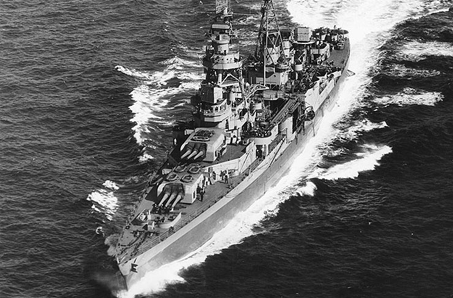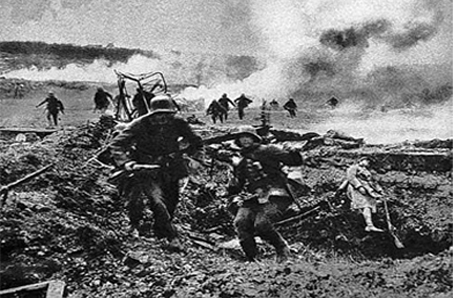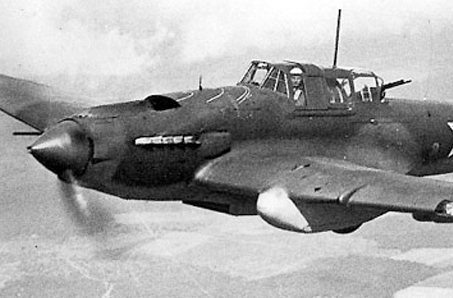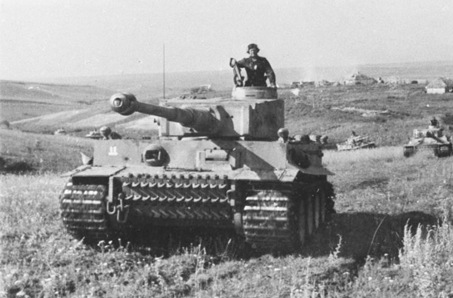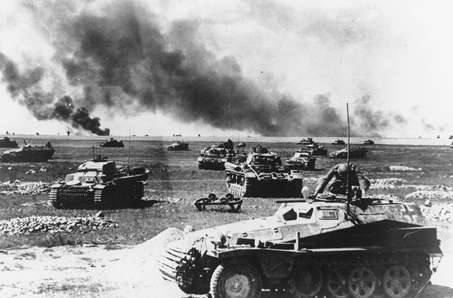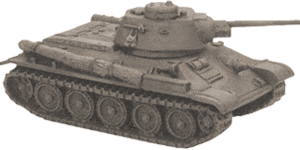"By taking a holistic look at the German war effort, Mercatante provides a fresh perspective to an oft studied subject."
Welcome!
Thoughtful contributions to the Globe at War are not just welcomed, but encouraged, including via; a community generated articles page, book and other media reviews, and much more. The Globe at War offers ample opportunities to learn about World War I, World War II, The Cold War, and the current wars for control over global resources and opinions.
The Globe at War features article submissions, book reviews and photo galleries that include short descriptions for each photograph posted as well as a regularly updated blog. In addition please enjoy our news feed; updated daily and focusing on international military affairs. Whether you are a student, teacher, academic, current or retired professional from a defense related field, or a military history buff, we look forward to your participation and welcome you to The Globe at War.

"Why Germany Nearly Won: A New History of the Second World War in Europe" is now available for purchase in the United Kingdom.
You may order the book through Amazon UK, Casemate, Foyles, and Waterstones.

